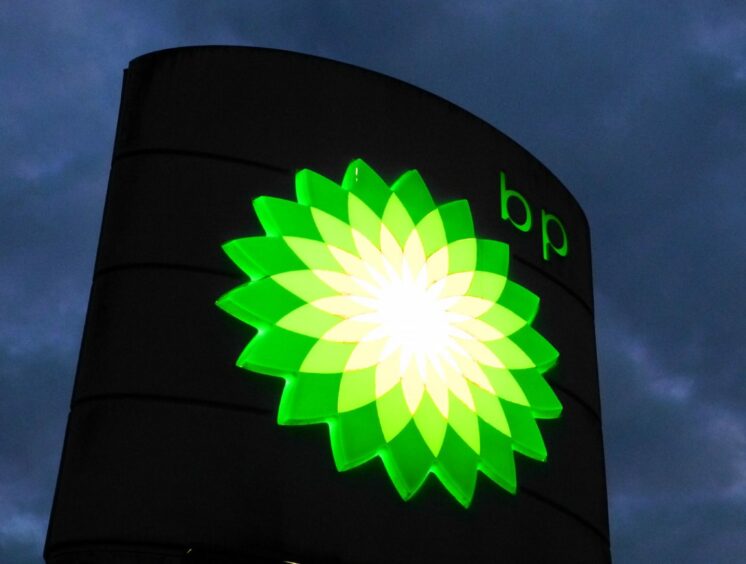
Members of a BP pension scheme have criticised the supermajor over its decision to block requests for a bump in payments to match soaring inflation, amid fears the fund could be sold off.
Trustees for the supermajor wrote to around 69,000 members of its UK defined benefit scheme in May, informing them the company would not be making discretionary increases above the scheme’s cap of a 5% RPI-linked increase per year.
It follows an appeal to the company’s board last year in which trustees sought a further 4% increase to disbursements from the fund in light of rising living and energy costs.
Furious scheme members say the company has failed to keep pension payments in line with inflation for two years, resulting in an effective 11% reduction in real-terms income.
This may make a difference to recipients who, according to a group of scheme members, receive an average pension of around £19,000 and whose ranks include ex-office staff and refinery workers as well as higher-paid executives.
They also include the elderly, with around 16,000 pensioners in the scheme now in their 80s and 90s.
In a statement to Energy Voice BP said: “We are aware that increasing cost of living in the past two years has been difficult for many, including BP’s employees, shareholders, customers and pensioners across the world.”
The company confirmed that pensioners in the company’s UK final salary pension scheme received a 5% increase in May – the maximum guaranteed under the scheme’s rules – but that BP did not approve a request for the additional 4% increase for UK members.
“This was a difficult decision that we took only after careful consideration and balancing the interests of our many stakeholders, particularly employees and retirees, across the world,” the statement continued.
“Many of BP’s retirees are outside the UK and most are not in inflation-linked final salary pension schemes.”
The decision comes despite assertions from pension holders that the fund is in “its strongest financial position in many years” and holds a £6 billion surplus. Members say their request would cost an additional £40m a year and increase total pension liability by around £580m.
As of April 2023, the UK’s RPI inflation rate was 11.4% according to the Office for National Statistics.
Buoyed by rising commodity prices, BP’s annual profits soared to just under $28bn in 2022, while CEO Bernard Looney doubled his total pay packet to above £10m.
Fears of sell-off
Meanwhile, pension trustees are currently consulting on changes to BP’s guaranteed minimum pension (GMP) scheme, which involves a change in how benefits are defined in a bid to resolve any potential gender-related inequalities in payments and to simplify the group’s pension structure.
It follows a 2018 High Court judgement which found that pension schemes have a duty to correct any GMP inequalities.
BP made clear that pensioners will not see a reduction in payments as a result of the process.
Yet scheme members alleged that while these changes maintain the 5% cap on annual increases, the provisions allowing for “discretionary” payments above this level have now been “removed or overlooked.”
One retired BP worker said there were growing concerns among members that proposals would lead to a permanent change in the wording of the company’s Pensions Trust Deed, removing the provision for such discretionary increases altogether.
Writing on LinkedIn, another retiree branded the proposals “a scandal in the making.”
Others raised concerns that the fund will be sold off in its entirety.
A campaign group comprised of nearly 1,000 scheme members said it feared the decision not to increase payments “is associated with BP thinking or indeed planning to sell off the fund that contains our collective money/assets and to capture some of the fund’s surplus for itself.”
The UK defined benefit scheme closed to new entrants around 2010 and in 2021 stopped members from adding to their accrued pension.
“This has effectively moved the scheme into a mature stage where a ‘hive off’ is easier to accomplish,” the group alleged.
Members of the campaign have written to BP and to trustees asking them to confirm their intentions for the fund.
The six-week consultation period for the proposed GMP changes lasts until 31 July 2023.
Recommended for you
